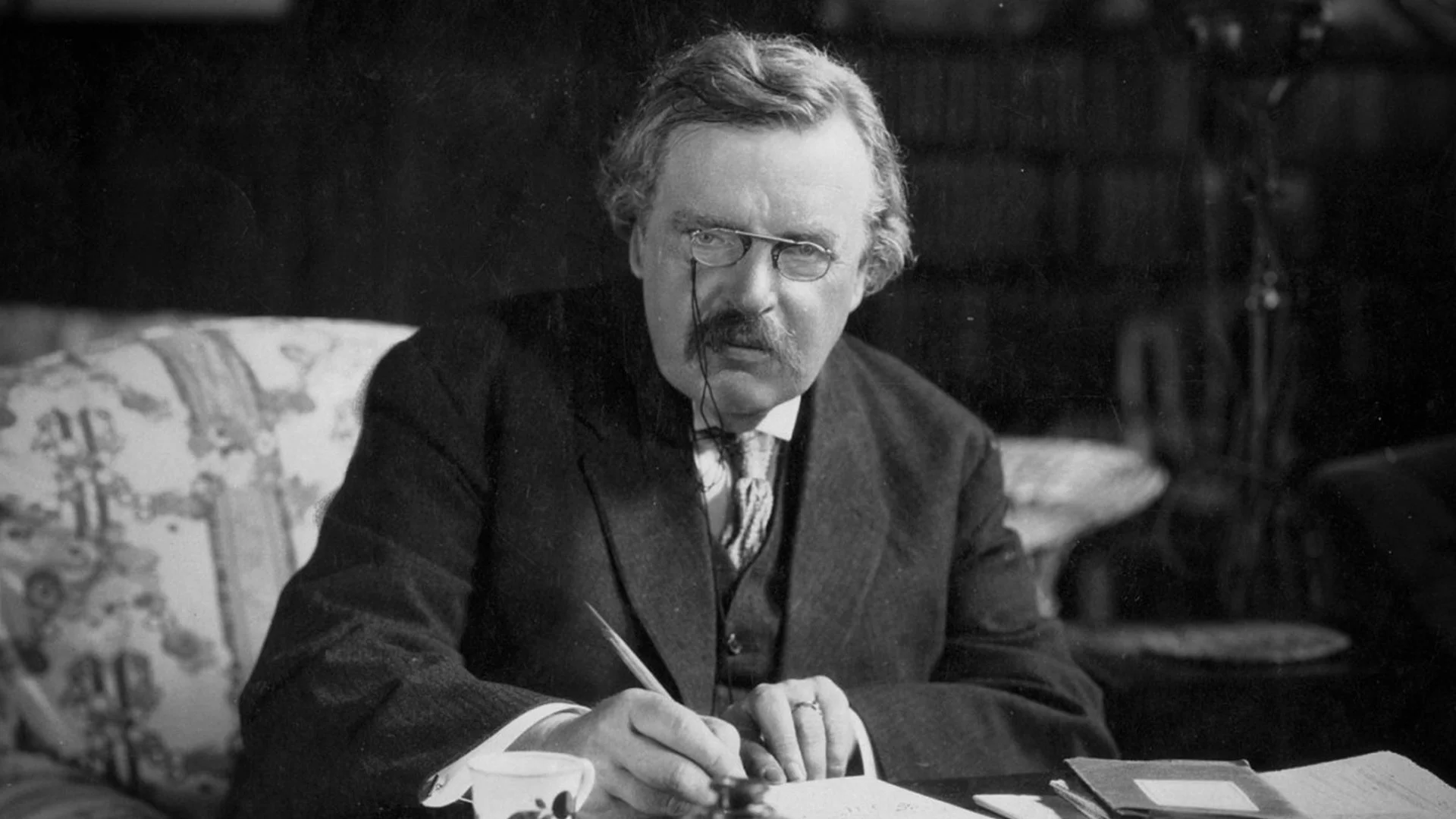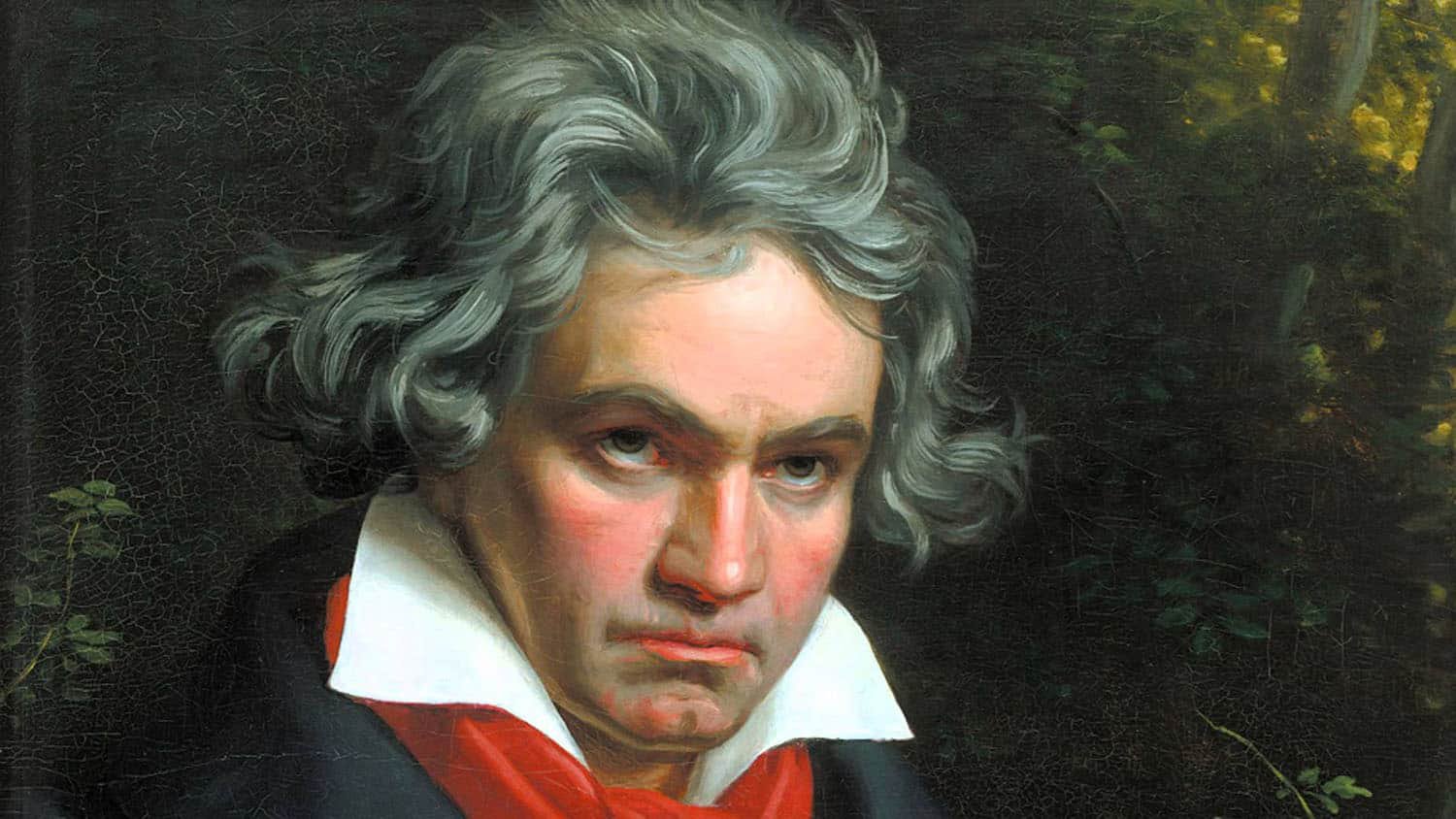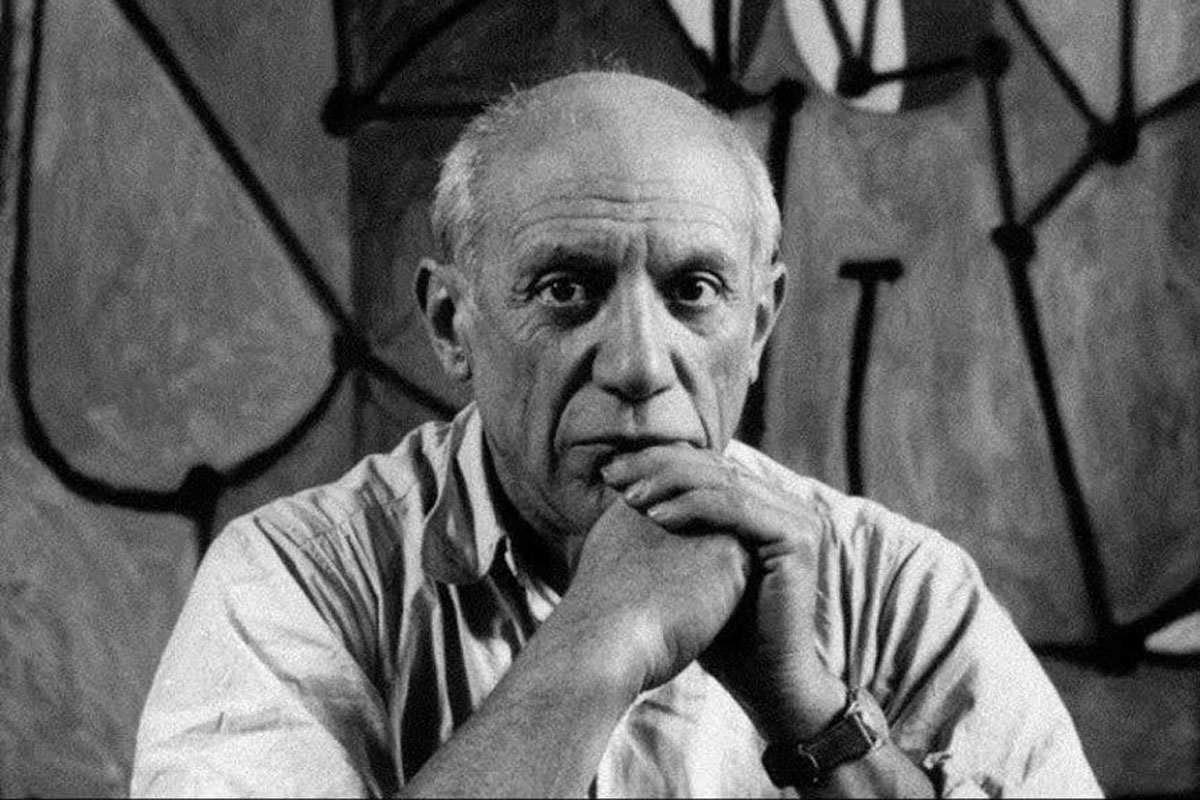This series of articles seeks to examine the character attributes of highly successful leaders, regardless of their adherence to a strong faith or moral standard. In presenting these thoughts, Leadership Ministries is not agreeing with or advocating these traits or practices, but rather presents these as ideas for discussion and development in your own leadership journey.
Sir Winston Churchill (1874-1965) was Prime Minister of the United Kingdom during World War II, and again from 1951-1955. Churchill was a Member of Parliament almost continuously from 1900 through 1964. He is best known for his wartime leadership. Born to a wealthy aristocratic family, he joined the British Army in 1895. Afterward he served in various military and civilian government roles. Churchill saw the growing threat of Hitler and Nazi Germany in the 1930s and became Prime Minister at the onset of the war in 1940.
Churchill is widely considered one of the most significant leaders of the twentieth century. His life spanned the most significant years of transition to the modern world. He was born in the Victorian era and died during the space race. Though he made mistakes during the war including a civilian bombing campaign, supported British imperialism and had questionable comments on race, he is still among the most popular leaders of his time and revered and quoted in the present day. Biographer Roy Jenkins writes, “Churchill, with all his idiosyncrasies, his indulgences, his occasional childishness, but also his genius, his tenacity and his persistent ability to be larger than life, as the greatest ever occupant of 10 Downing Street.”[1]
Have courage. With Great Britain faced with imminent attack by Germany, much of the government sought the appeasement of Hitler. Churchill's resolve was to fight on, even if France capitulated. He was vilified in the press, called a warmonger and some said he was out of touch.[2] Yet when Poland fell to Germany, Churchill was the only outspoken leader whose views on Germany reflected reality. Mockery of his desire to fight soon turned to a reluctant but necessary trust in his leadership.
Churchill walks through the ruins of Coventry Cathedral, 1941.
Churchill believed that the only option was to resist the Nazis and worked to harden public opinion against a peaceful resolution and prepare the British people for a long war. When his country was under threat of tyranny, he exuded confidence and pressed his people toward victory. He didn’t just say courageous words, he first had courage, the resolve to stand for his beliefs and offer hope in the midst of difficult odds.
He knew the stakes of war and was not unfamiliar with battle. Of Churchill’s service, Biographer Paul Johnson writes, “He had been present at or fought in fifteen battles, and had been awarded fourteen campaign medals, some with multiple clasps… He was a fellow of the Royal Society, an Elder Brother of Trinity House, a Lord Warden of the Cinque Ports, a Royal Academician, a university chancellor, a Nobel Prizeman, a Knight of the Garter, a Companion of Honour, and a member of the Order of Merit.”[3]
R. Albert Mohler writes, “When he spoke, a nation was given the hope and determination to fight a war that simply had to be won—against odds that left even many of his own friends and family convinced that England’s future was already lost.”
Master the language. Churchill succeeded as an orator despite being handicapped from childhood with a speech impediment, which he eventually overcame. His first speech as Prime Minister, delivered to the Commons on May 13, 1940, includes phrases which are still quoted to this day. Among his words on that day were, “You ask, what is our aim? I can answer in one word: it is victory, victory at all costs, victory in spite of all terror, victory, however long and hard the road may be; for without victory, there is no survival.”
Churchill’s “We shall fight” speech, following France’s surrender, is perhaps his most noteworthy: “We shall go on to the end. We shall fight in France, we shall fight on the seas and oceans, we shall fight with growing confidence and growing strength in the air. We shall defend our Island, whatever the cost may be. We shall fight on the beaches, we shall fight on the landing grounds, we shall fight in the fields and in the streets, we shall fight in the hills. We shall never surrender…”
Churchill authored 37 books, producing more material that Shakespeare and Dickens combined. Early in his career Churchill became a dual war correspondent and military officer. Later in life Churchill became a writer of history, including his four volume History of the English Speaking Peoples. Churchill’s skill as a writer made him a better communicator, orator and leader.
Churchill's main home was Chartwell in Kent, which he purchased in 1922.
He preferred old, often archaic words to new words because he believed they strengthened his message. When refereeing to Germany he often used the term “foe” instead of enemy. Sean Murray writes, “Churchill had an innate sense for the power of words and understood the emotional impact they convey. While discussing strategy with British General Harold Alexander during World War II, the general referred to the Continent as ‘Hitler’s European Fortress.’ Churchill immediately turned on the general in anger. ‘Never use that term again. Never use that term again!’ The last thing Churchill wanted was the image of ‘Hitler’s European Fortress,’ leaking out to the British people and armed forces. It could only be to Hitler’s advantage to have such an image locked in people’s minds.”
Lead with moral clarity. It is through his resolve and his language that we see Churchill possessedconvictional leadership, the principle that what he was doing was morally right and good. His commitment to honesty, telling the truth even when difficult, and using it to rally the British people, somehow made ordinary citizens extraordinary for being able to receive and act on it. Churchill suggested the British people themselves had the heart of a lion—“I had the luck to be called upon to give the roar.”
Mohler says of the Prime Minister’s strength in the face of opposition and danger, “Churchill reminds us that leadership is impossible without true conviction. Trials, suffering, and challenges are assured as we are faithful in this task. But true leadership demands commitment to truth, even in the face of the most hostile opposition.”

































Frank Winfield Woolworth was an American entrepreneur, and founder of the F. W. Woolworth Company. He pioneered the retail variety stores which featured low-priced merchandise selling for 5 and 10 cents.